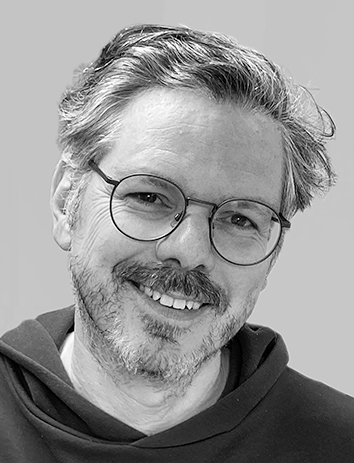
Disturbing Drawing: Doodling as Disfigurement
If drawing – in its experimental and designing emphasis – can be understood as a form of resistance, doodling can be understood as an enervating disruption of the figurative process of drawing. The formlessness of every doodle forms the punctum pruriens of all form formation. Not only does it incessantly break into it, disfiguring the beautiful form, but it always precedes it in its development. At the zero point of drawing we discover the doodle, less than something, but more than nothing: it resists nothingness on the one hand and form on the other, it is nothing but this graphic resistance. If we look at the development of graphic expression in the individual, drawing sublates doodling, figuration follows disfigurement, similarity follows dissimilarity, form follows formlessness. However, this kind of sublation also shows that the unruliness of doodling does not simply disappear in drawing, but haunts it like a phantom, constantly haunting and disturbing it. Psychoanalytically speaking, the doodle is the permanently recurring repressed of the drawing, its nonidentical. If doodling is already a notorious disfigurement at its beginning – the transformation of an absolutism of reality – then it is even more so at its end: in the drawing that cannot get rid of it. In my lecture, I would like to explore the assumption that the resistive potential of drawing – its being for difference in form – is based on the radical discontinuity of doodling – its being for indifference in formlessness. The fact that drawing figures is based on the fact that doodling disfigures.
Christian Driesen was born in Erfurt in 1977. He studied philosophy and cultural studies in Leipzig, Nantes and Bordeaux and completed his doctorate in 2014 at the Free University of Berlin with the work Theorie der Kritzelei (Turia + Kant 2016). Since April 2024, he has been Professor of Transformation and Design at the Department of Design at Darmstadt University of Applied Sciences. He is currently primarily interested in the following topics: the relationship between formlessness and form; philosophy and translation; theory formation from a psychopathological perspective. His philosophical origins are post-structuralism, critical theory and phenomenology. Most recently he has worked as a translator, primarily of philosophical theory. Forthcoming translations include Monique Wittig, Le corps lesbien (1973) and Barbara Stiegler, Nietzsche et la vie (2021). His most recent publication is Félix Guattari, Schizoanalytische Kartografien (Merve 2023).